It’s one person’s opinion, but here are 130 blog posts which I wrote over the last 3 years to describe my world-view of consulting. Hope you find it useful.
Consultants are a strange breed
We span all industries, but ultimately we are in the business of helping executives make difficult decisions and implement change. It is a combination of strategy (head), culture (heart), and operations (hand). Oddly, the most important ingredient is leadership, which consultants cannot provide. Only clients can provide the WHY that motivates people into action.
Consultants love data
First, clients struggle with it. They are like data hoarders who just watch it pile up and yet are afraid to confront it. For me, the idea of big data is a bit comical at times, since most clients cannot deal with their small data. Sometimes, you can just put the data into excel and quickly make sense of it. As a beginning consultant, you better be good with excel and powerpoint.

We obsess about data because is is apolitical, and provides credibility for our recommendations. In MBA, we all learned that averages are often the wrong answer, so we often use excel models to run “what if” scenarios and understand how (in)accurate a set of assumptions will be. We are revision crazy and have a serious fear of failure.
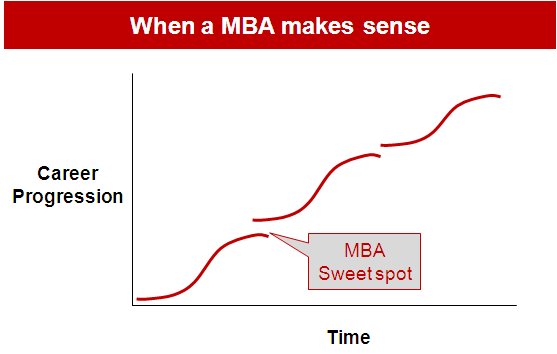
Consultants have great tools and methodologies
Maturity models, evaluation frameworks, best practices, interviews, DMAIC, SIPOC, Poka-Yoke, Six Sigma, the list goes on and on. Frameworks help you think through problems. However, the crux of consulting is asking good questions: who, what, why, when, where. Some of the basic tenants of supply chain like LEAN apply to all industries.
Consultants are in the influence business
We borrow authority from our clients, to help them make change happen. We make presentations, but don’t have the power; clients do. The projects can be short, and yet, we need build rapport quickly. . .with IT for the data, with executive assistants to schedule meetings, and with stakeholders. A lot of times, our job is to nudge people to make decisions they know are right. We think, write, communicate, then repeat the process.

(Good) consultants think like executives
Read what they read, find relevant surveys. Read Peter Drucker. Understand management trends. Think globally. Listen to relevant podcasts, TED talks or Stanford entrepreneur videos. Now a days, there are ivy-league level courses online for free. You can take accounting classes from Wharton; no dergee, but you will learn a lot. Quora is a great tool if you want a safe place to find out about 1st-hand management experiences.
Consultants (over)use PowerPoint to communicate
We use it daily. It starts with a strong understanding of the audience and purpose. First, does the structure support the narrative? Second, do the slides themselves make sense by themselves? Third, have your edited and put the finishing touches on the pages? Is the “deliverable” something you are proud of?
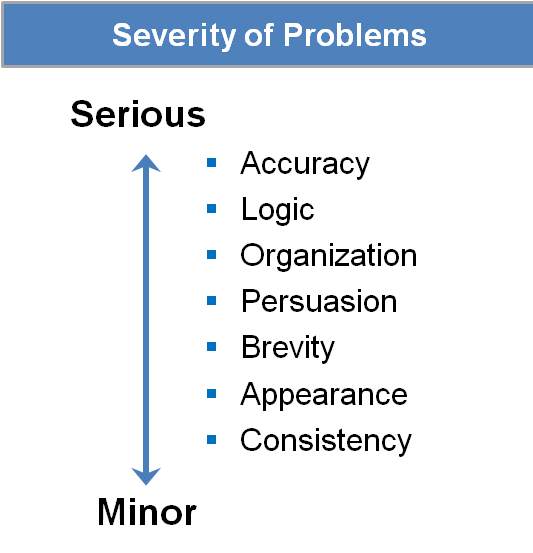
As with writing, brevity is the best. Make sure your slides have a clear point; it should not be ambiguous what you are saying. Some of this has to do with logical structure of what you are saying, while other times it is how the facts are laid out on the page.
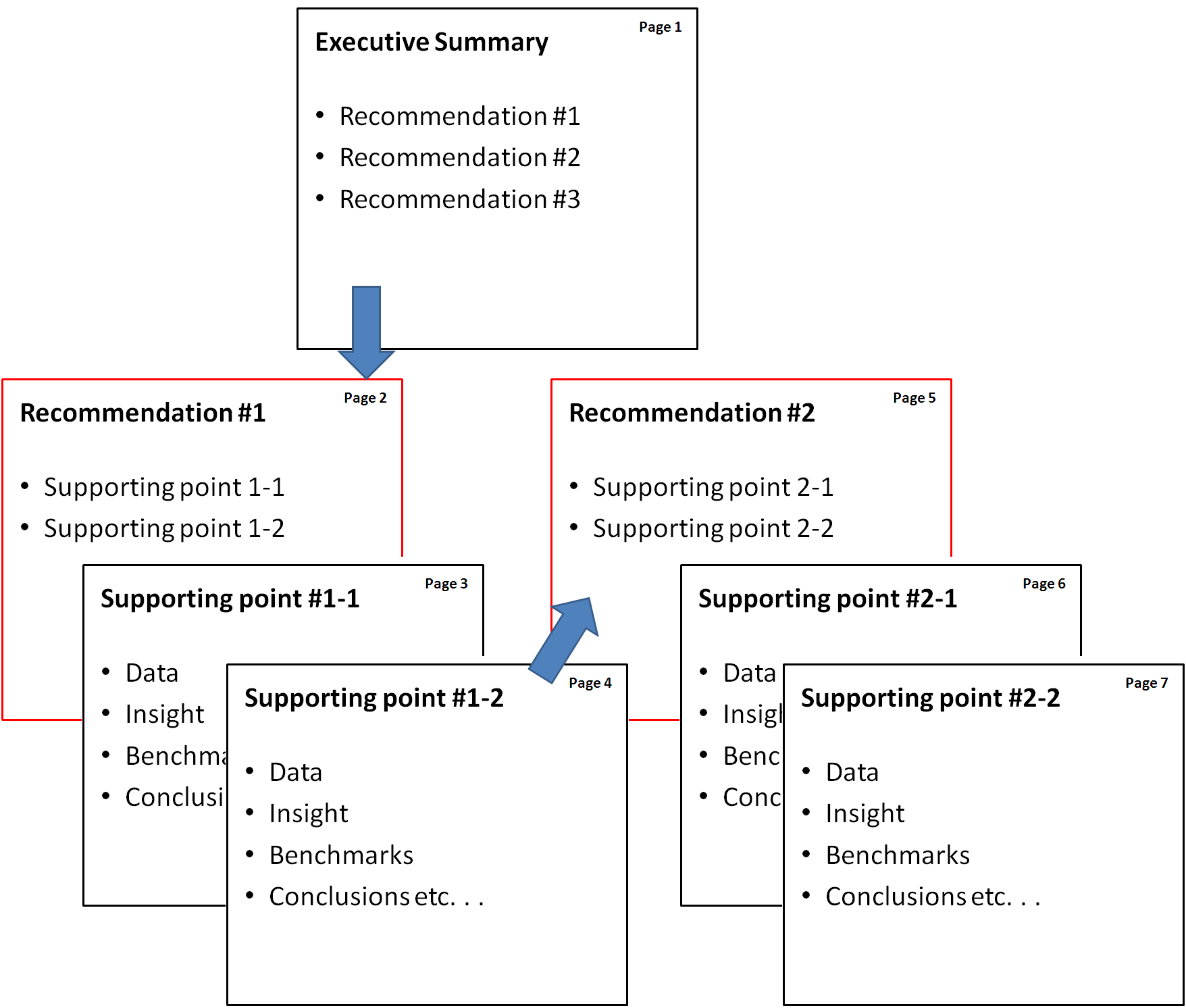
Consultants are intellectually curious
McKinsey’s chairman once said that the best candidates were “insecure overachievers“. The best consultants are obviously smart, but also aware, fund and eager. They are fast learners, who are good at breaking problems down into mental lego pieces. You can apply consulting thinking to elections, college football, gift cards, Olympics, or the value of a a life.

The fun part of consulting is tackling difficult problems. That is probably why we use case interviews to test structured thinking. It’s rooted in hypotheses and the counter-intuitive method of guessing your way to a solution. There is always a trade-off, an opportunity cost that the client is not seeing; it’s our job to shed light on this.
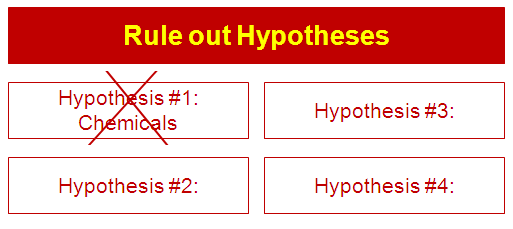
Consultants make clients successful
Sometimes the project scope is clear and sometimes it is not. We often have to find smart ways to say no to clients, for their own good. It’s not always the way you planned it in the proposal; you have to adapt.
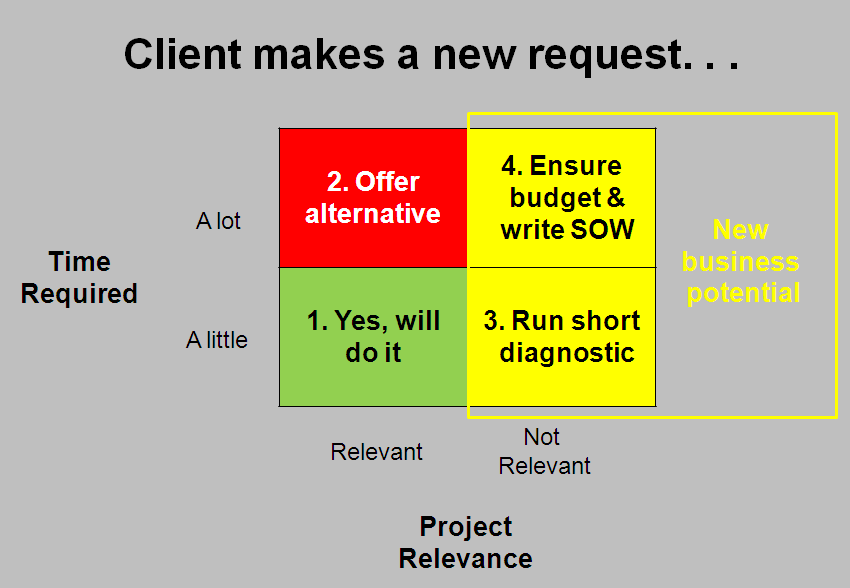
Clients also get caught up in bad corporate habits and inertia and lose effectiveness. Sometimes, they even hire us to be the bad guys. We never embarrass our clients; we allow them to “save face“. We will find a win-win solution for them. Even when we are building rapport, being likable, we also need to be ourselves, and be authentic.

Consultants get lazy
We have bad habits. Oh yes. We use jargon constantly. Sometimes, we rely too much of previous examples of the work, and recycle materials. Be careful, clients will fire you if you get too lax, then it will be resume time. We eagerly seek feedback to improve. As some say, you are only as good as your last project.
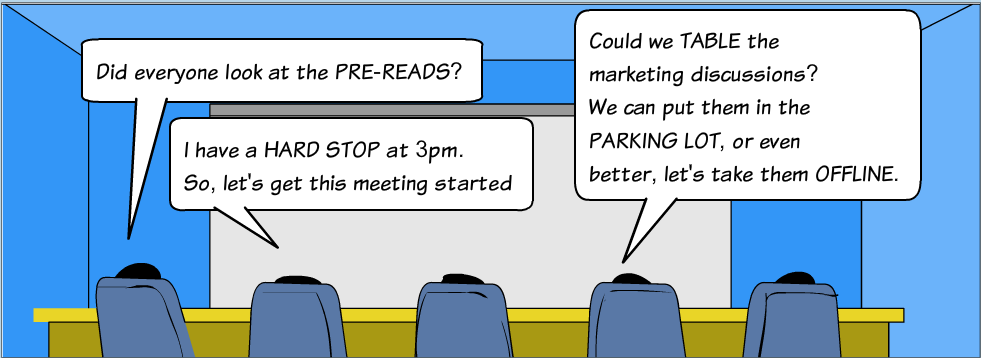
Consulting is a lifestyle
There are so many great things about the consulting lifestyle. It sounds glamorous – good pay, smart and amiable people, solving tough problems, good meals, and travel – but it’s not all rainbows and ponies. Lots of late nights. No really, weekend work. But great consultants convert that stress into positive energy. Live to fight another day. Find good people to work – people who pass the airport test; spending 8+ hours stranded in an airport with. Find people you like working with.

Consulting is leverage model
Younger, newer, cheaper consultants do work which can be billed out at higher rates. There are finders (partners who find work), minders (who farm the projects), and grinders (who grind out the analyses). The projects with the highest leverage tend to be IT projects.
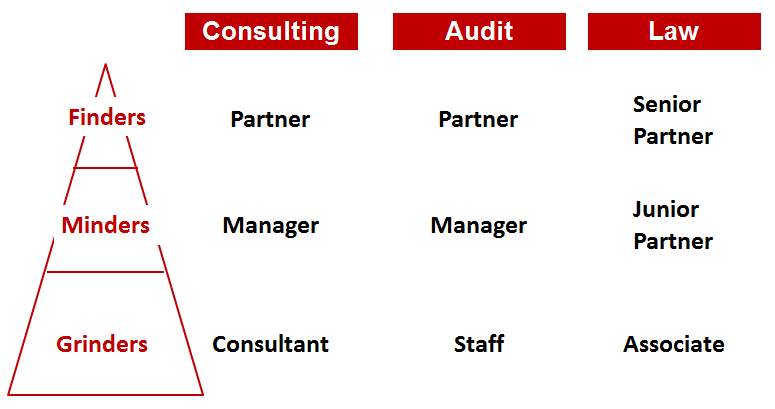
Consulting is an apprenticeship
It’s a tough business with a high level of attrition. Learn as much as your can from managers. Don’t want until the year-end review to see how you are doing. Who wants to travel 80% of the time? We get paid well, and our clients want a good return on their money.

Consulting teams excel
Ultimately, consulting is about people. Partners and principals have the responsibility of building the team environment and culture. It’s a can-do culture; consultants don’t whine, we come up with solutions. It’s not all fun and games; there are times when it is a flat democracy and everyone’s voice should be heard, and other times, it can be a dictatorship to get things done.

(Good) consultants innovate and have fun
Personally, some of the business problems that I find the most interesting are how smaller companies can scale quickly without losing their founder’s mentality. Even if you are not a technology consultants, you have to stay up on technology trends from 2014 and 2015. Unfortunately, data does not always give you the answer. Sometimes, it is a S-curve where the past does not predict the future. Find ways to be disruptive and innovate. I always tell clients it is easy to attack complexity with complexity; it’s difficult to attack complexity with simplicity.
Any activity becomes creative when the doer cares about doing it right, or better. – John Updike, author
Thanks for reading
In my first month, I had 1 view. . . don’t be afraid to put your thoughts out there. If you like your work, someone else will too. Tap into that passion and get the chemicals flowing in your brain to do your best work.


Great way to summarize it. Love the way you have captured the essence of consulting
Thanks. More fun, more fun.
Great summary of consulting. I think the most important is that consultants think like executives. They take data, connect the dots to turn it into information, and help executives make sense of it to make decisions. The most successful consultants are very good at that aspect.
Agreed.
3 years of blogging. So wild to think of. I still remember when we had the conversation about you getting started with it. Thanks for all the information over these past few years, I’ve learned alot from your writing (and continue to do so!).
One of the best things I did. Good fun.
Hi. This blog post was dead on. As consultants, everything from our mindsets to our culture within our niches are different. You captured the essence of what being a consultant is and much more. Thank you for sharing. I have never come across a blog like this before just focusing on the nitty gritty of consultants. May you be blessed in all your endeavors.
Thanks for being a part of it. Thanks for kudos.
this blog has what I call as “high hit” ratio. the summary today is without a doubt the best i have read so far.
Thanks for comment. Will keep doing my best, when not at client site.
Such an awesome post! It’s great to see a good overview of the consulting profession like this. Thanks so much for sharing this!
Thanks for shout out.
Learnt a lot form ur blog.
You wrote what I want to say to my colleagues.
Thanks
Thanks for reading.
Good summary of 3 years of blogging!
However in my opinion consulting is no longer that different from other businesses. Ex-consultants have infiltrated corporations, 5 forces, 6sigma, 5s.. are no longer mysterious concepts.
Today in SSCs you can find a lot of roles that require you to stay in ‘project’ mode 24/7 and ‘consult’ for different divisions (banks like that), I’d say that pay is ok but the business has come up with well paid jobs in the meantime as well.
And the glamour? Firstly it’s hard to call consulting business ‘elitte’, given the size that consultancies reached nowadays, I’d say a good hedge fund is elitte.
Secondly, based on my recruitment expierience, I don’t think that younger generation (gen Y) is still attracted by the lifestyle it offers: sacrifices related to being on the road, long hours on deck preparations, and the nature of work which is not always devising a blue ocean strategy. I guess people simply want more life less work.
Tomm, all great points. Yes, one of the books on consulting FLAWLESS CONSULTING makes that argument – that consulting skills are useful everyday, by anyone in the corporate world. Agreed about the Gen Y choices about work vs. life. Thanks for reading and your input/pushback.
Great post. I enjoyed what you wrote about most consultants being intellectually curious. I’d have to agree, I find that consultants are always in a quest for information, that way they are equipped with resources to tackle problems they don’t have yet. Although consultants are great at doing research, do you believe a consultant can be effective in helping an industry with no relevant experience? It appears most firms would want their consultant to have experience in their industry, how to you overcome that obstacle?
Yes, that is a good question. Consultants can always help with process, and often can tap into a network where that expertise lies. If a consultant really does not have relevant experience, I would argue the most they can do is facilitate workshops, project manage, or serve as a strategic planner. At that point, you are not really “consulting” or “advising” the client at $300+/hr rates. Would you agree?
I like your blog, learn a lot from it. Three years ! Congratulation Great, Keep on trucking.
Thanks. I enjoy sharing it. Thanks for reading.